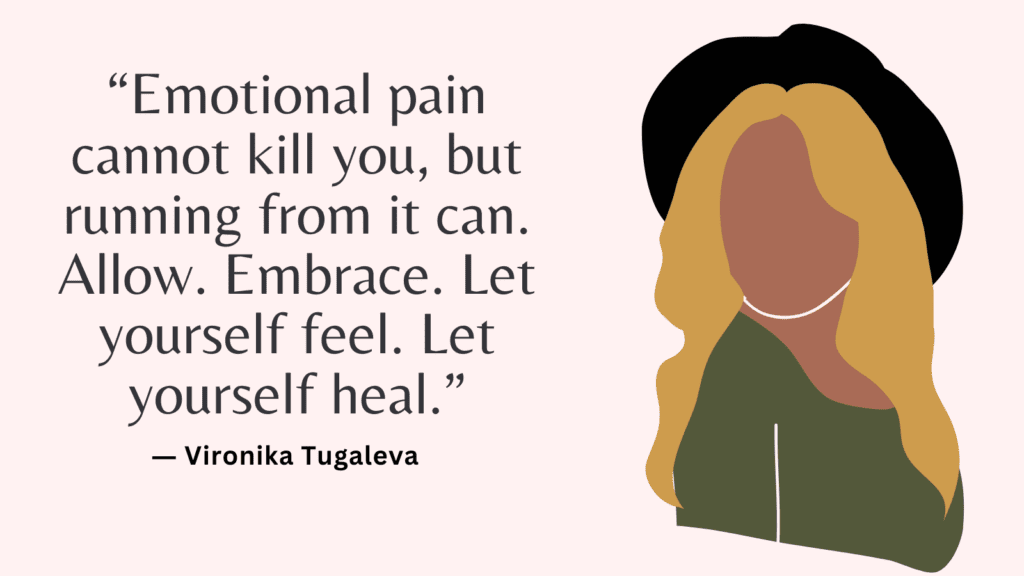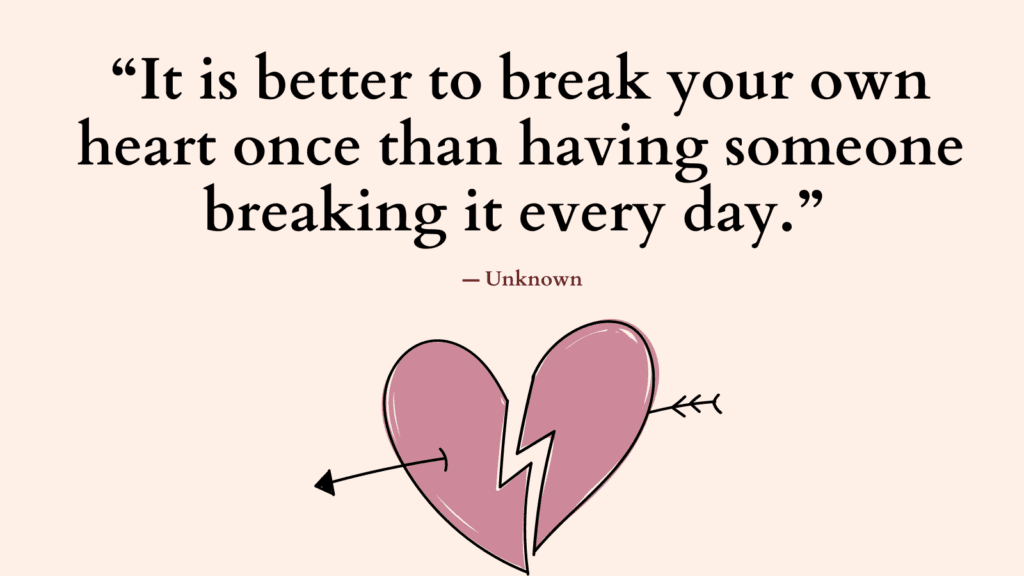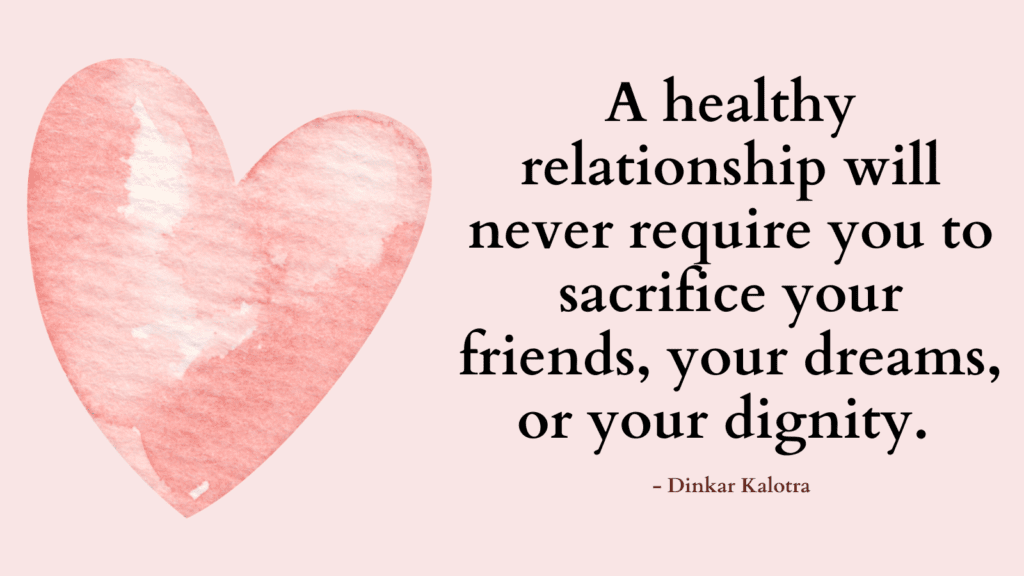This post contains some of the best anxious attachment breakup tips to help you on your healing journey.
What Is Anxious Attachment Style?
Anxious attachment stems from a deep sense of inner instability where old wounds would surface and make people anticipate that they will be rejected or abandoned.
Ironically, their fear of being abandoned can make people who are anxiously attached push their partner further away by texting many times in a row, becoming clingy and jealous, obsessing over social media posts, etc.
Do I Have An Anxious Attachment Style?
The following are common signs you may have an anxious attachment style:
- You are very sensitive to fluctuations in your partner’s moods and often, you take your partner’s behaviors too personally.
- You become more anxious if your partner doesn’t answer a text quickly and often make repeated attempts to contact them when you don’t get a response.
- You constantly talk with your friends about your partner and your relationship.
- You find yourself continuously thinking about your partner at the expense of other interests.
- You love to be very close to your romantic partners, yet often fear that your partner does not wish to be as close as you want them to be.
- You often find it difficult to explain what’s bothering you or ask for you need.
- You often give up what you want to do in order to do what you believe your partner wants.
- You stalk your partner online to know about their every move.
- You tend to feel unhappy when not in a relationship.
Related: How To Heal From Anxious Attachment Style In 5 Steps
Anxious Attachment Breakup Tips
Unfortunately, when it comes to moving on, our “natural” responses are doing us more harm than good. Many people adopt behaviors and habits that are likely to deepen their emotional pain and delay their recovery.
Recovering from heartbreak takes time, but there are several techniques that will make that time shorter.
#1. Acknowledge Your Addiction to Love
One of the reasons that make people unable to move on and constantly revive their old memory with their former lover, is their addiction to love.
This is of course done in an indirect way. You might find yourself hurt and confused about how things turned this way. So what you do is keep going back to your memories in an attempt to find explanations.
Since you can’t get the joy of being with your ex, at least, you could get the satisfaction that comes from reviving the memories you shared with him.
You might even find yourself coming up with sophisticated excuses to contact that person whether face-to-face or electronically.
Many people would skip the excuses altogether and simply indulge in these powerful cravings. They might call and send texts, or hang out where they hope to run into their ex.
But the most common way people satisfy their craving for their ex is to stalk them from the comfort of their phones.
Related: Relationship Addiction: 5 Signs You Might Be Emotionally Addicted
#2. Journal – Externalize Your Pain
Strength is facing your feelings and confronting the pain with compassion and curiosity, even when it hurts. Especially when it hurts.
Grief is about letting your feelings and thoughts out. Journaling allows you to do that and keeps your thoughts organized allowing you to observe your feelings and thoughts and bring awareness to them.
It can also help you plan and set goals. It allows you to see where you’ve been, where you’re going, and where you want to go, make adjustments, and figure out the next step to take.
#3. Be Wary of Cyberstalking
What makes cyberstalking so common is the ease with which we can satisfy our romantic cravings even when we don’t recognize them as such.
Whether it was through social media, Google searches, or personal blogs, cyberstalking can feel as real as having actual contact.
You need to realize that by cyberstalking someone, you’re playing with an old wound – or a fresh one.
If you want to avoid deepening your pain, you’ll have to eliminate your options to do so.
Try erasing your former lover’s contact information, and blocking or deleting him from social media. Doing this will help you control your cravings and make it easier to prevent yourself from stalking them again.
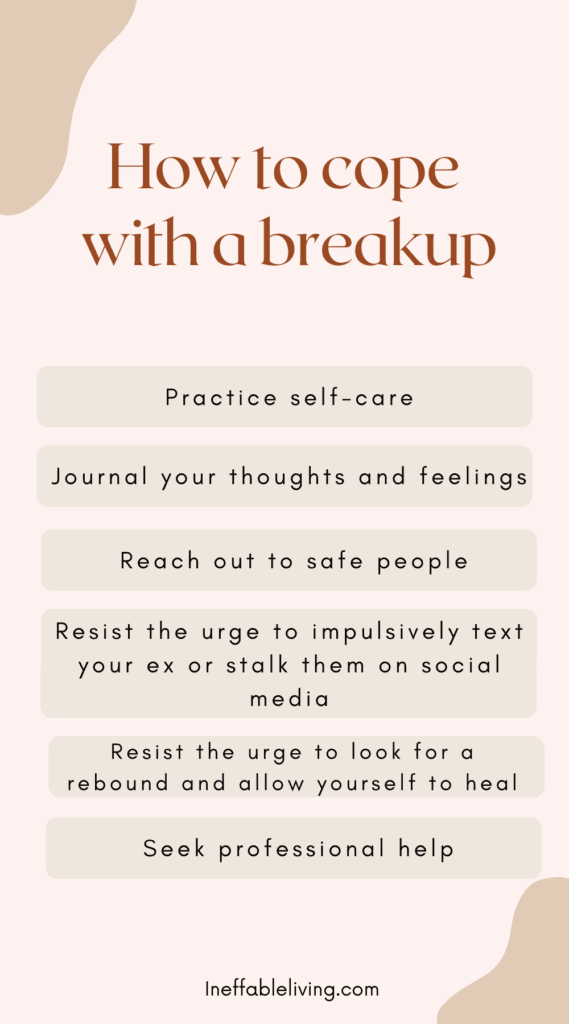
#4. Get Closure
Without a proper closure, you might find yourself spending countless hours analyzing every conversation, convinced that something must have happened to cause the breakup, even when your ex already explained their reasons.
Despite the pain the breakup might have caused you, you might even find yourself idealizing your former lover, believing that you won’t find someone as great as him.
Studies of romantic breakups have identified that one of the main factors that predict healthy emotional adjustment and timely psychological healing is having certainty about why the breakup occurred.
Having a clear understanding of why the breakup happened helps us reach closure much sooner than we might otherwise.
This is why you need to simply accept your former lover’s reason, even if they don’t seem to you convincing enough. Doing this will help you avoid months of needless mental analysis and intense and prolonged emotional anguish.

#5. Consider Your Role In What Happened
It’s only when you quit blaming and start asking yourself, “What is my role in this?” that you can uncover relational patterns that left you vulnerable to being disappointed in love, such as co-dependency, love addiction, past traumas, abuse, etc.
Taking ownership of your part in what happened will help you move forward and trust yourself to open up again to other people.
Even if your former partner was a narcissist, consider that for every narcissistic person, there is someone who chronically self-abandons herself to try to win his favor.
Ask yourself the following questions:
“How did I give my power away and what can I do to reclaim it back?”
“How do I let myself down in ways that are similar to how I feel let down by my former partner?”
“What lies was I telling myself in order to stay in the relationship?”
Related: Get Out of Your Own Pity Party: How to Stop Pitying Yourself?
#6. Don’t Assume That You Are to Blame
Assuming that you are somehow to blame for the breakup can delay your recovery and keep you stuck in debilitating feelings of loss.
These kinds of negative beliefs and inaccurate thoughts might make your grieving complicated and prevent you from resuming your life in a productive way.
Self-blame in itself isn’t responsible for delaying your recovery. In fact, it is quite common for us to blame ourselves and focus on our shortcomings when our heart is broken. The problem is how long we allow these feelings to linger. Some of us struggle to let go of guilt and regret.
The key to moving on is to acknowledge these false beliefs and inaccurate thoughts and question them.
A rule of thumb to live by is that if two different objective people make the same point (e.g., that people find us needy), about something we resist, we should pause and give it strong consideration. It could be indicative that our resistance is being fueled by an underlying issue (e.g., we have low self-esteem)
#7. Avoid Idealizing Them
Our perceptions of the person who broke up with us can become distorted. Our “cravings” for them make us focus on their best qualities. We replay the wonderful moments we shared or daydream about those we would have shared.
At the same time, we don’t focus much, if at all, on their flaws, arguments, or the times they treated us badly or made us feel terrible about ourselves.
The best way to avoid idealizing your former lover is to deliberately force a balanced image in your mind. Remind yourself of his flaws and the things you didn’t like about him, their different taste in books, sports, entertainment, etc. The goal is not to hate him but to be able to see his flaws and those of the relationship and not focus exclusively on the good stuff.
Doing so will help you move on sooner and let go of your worries about never finding someone “as perfect” again.
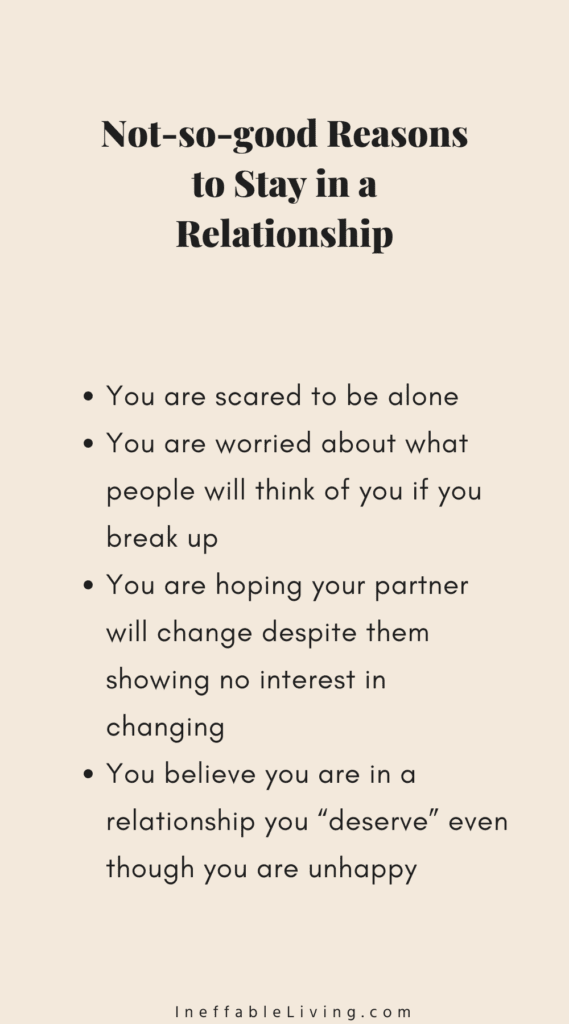
#8. Create New Associations
In an attempt to spare ourselves pain in the short term and limit our emotional distress, we withdraw from people and activities that remind us of the person who broke our hearts.
However, your list of people and places that remind you of your loss can be long and significant, especially if the relationship has lasted for years.
Some of these people and places could be meaningful and important aspects of our lives and avoiding them can have a huge impact, like quitting workout because you associate the gym with your ex, or refusing to go to restaurants you had been to with your ex, which might cover a huge swath of your city, especially if you frequently dined out with him.
Although it might seem wise to avoid that which evokes pain, avoiding things does not lessen their emotional impact on you – it supersizes it.
Instead, create new associations and reclaim the people and places you once shared with the one who broke your heart. Try revising these places under different circumstances with different people.
Be careful not to reinforce your old associations. Avoid mentioning your ex at the brunch place with your friends.
#9. Let Go of Reminders
It’s understandable that when we lose someone we might hold on to the objects we associate with him because removing them feels like we’re forgoing an important aspect of our lives.
But holding on to vivid reminders can make your loss feel perpetually fresh and painful. Living with your ex’s things around you will prevent your emotional wounds from healing.
Some people prefer to dispose of all reminders as soon as possible and erase every trace of their exes and of their time with them. But this isn’t the healthiest option either.
Reminders represent our emotional attachment to the person who broke our hearts. As you move through your grief, this attachment should weaken and you should be willing to let go of the reminders and move on.
But if months later you find yourself keeping too many of them, it can be a sign that you feel stuck.
#10. Make a Decision to Move On
Healing starts in the mind.
There is a huge difference between wishing our emotional pain to stop and making a firm decision to make it stop.
To move on, you have to look in the mirror – metaphorically or perhaps literally – and tell yourself it’s time to let go.
That can be tough.
What makes letting go extremely difficult is that there is more than mere emotional pain to let go of.
You also need to let go of the psychological presence of the person in your daily thoughts – and your life. You need to let go of a part of yourself – the person you were when you were in love.
This is why you need to be ready to deal with the powerful cravings that might break your resolve.
Anticipate the excuses and justifications your mind would concoct to entice you back into your old habit and be ready to argue against them.
#11. Practice Self-Compassion
To heal and move on, you’ll have to be willing to let go of your self-criticism and adopt a new mental habit that will build your confidence – self-compassion.
Self-compassion requires you to develop a nonjudgmental inner voice that is going to respond to your suffering with kindness instead of self-blame.
Instead of criticizing yourself for your mistakes, recognize that your shortcomings are part of being human.
Numerous studies have proved that self-compassion helps increase self-esteem and confidence, lower depression, and anxiety, and enhance emotional health.
Scientists also found that one way to cultivate self-compassion is to be compassionate toward others.
In one study, participants who wrote a comforting message to a heartbroken stranger experienced an increase in self-compassion when they regarded a negative incident from their past.
An excellent technique to practice self-compassion is to imagine yourself talking to a friend in distress.
Usually, people would try to comfort that friend and talk to him positively. Do the same for yourself.

#12. Increase Your Self-Esteem
No one can love us more than we love ourselves. Healthy relationships with others start with a healthy relationship with yourself. If your self-esteem is not high, especially after the breakup, you can still increase it.
A breakup can leave you, not just feeling lonely, but painfully aware of your shortcomings. Maybe you start thinking back on all the mistakes you’ve done, or maybe your ex started dating again and you’re comparing yourself to his new partner.
It’s time to change that with positive self-talk and affirmation:
Positive Self-Talk
Through self-talk, we control what we’re doing, saying, and feeling. But self-talk can be brutal at times. For example, when you forget something, you might tell yourself “I’m so stupid! How can I forget something like that?”
But the truth is, forgetting never means that you’re stupid. People forget things all the time. By changing to positive self-talk, your self-esteem will increase. You become more confident and happier, and you start attracting healthy relationships.
The best way to start talking to yourself positively is to stop yourself when you’re tempted to say something negative and instead affirm yourself. So when you forget something, tell yourself “I’m smart!”
Affirmations
Affirmations are powerful tools – when they’re done correctly. They are the best way to change your self-image and challenge your negative deeply-held beliefs.
The subconscious mind is simple, takes statements literally, only knows the present, doesn’t understand negative phrasing, and responds well to visualization. This is why it’s important to choose your affirmations in a way that your subconscious mind will understand.
In other words, effective affirmations must be positive, present, personal, corrective, brief, and concise.
Related: Top 18 CBT Exercises For Self-Esteem (+FREE Self-Esteem Worksheets PDF)
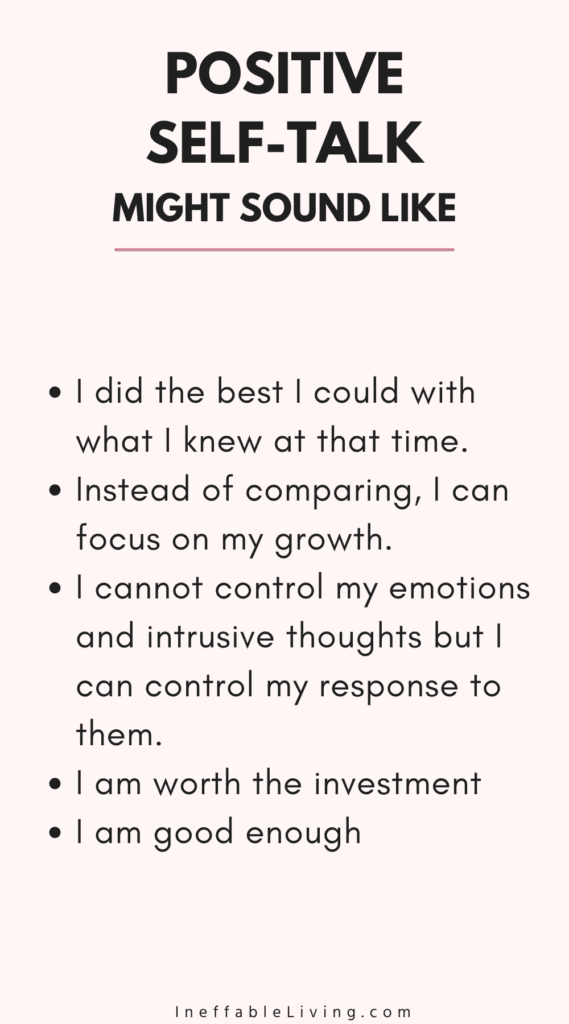
#13. Make a Gratitude List
This self-care tool is short and simple but very powerful. Many people report experiencing miracles after they started expressing gratitude.
Because you’re feeling down after your breakup, it’s hard to pay attention to how much you have in your life. This is why you need to start taking time each day to deliberately consider the good things you have. This will help you feel more positive and get you back into balance while you do the hard work of grieving.
#14. Recognize the New Voids and Fill them
If you want to heal and move on, you’ll need to put yourself first and nurture yourself while allowing your emotions to be felt.
You need to keep in mind that nature abhors a vacuum. If you lose something or someone, something else will come along to replace it. But this new thing might not be something you want. For example, when you succeed in breaking a back habit, unless you replace it with a good habit, you most likely will end up with another unhealthy habit.
This is why you need to exert some control over what replaces the things you lose. When you try to work out your hurt and anger, you need to replace it with positive thoughts and self-image.
Related: Best 35 Journal Prompts To Get To Know Yourself
#15. Hobbies and Interests
A breakup can leave a void in your life that, unless you deliberately fill it with something positive, might create a bad habit. Hobbies and interests are one great way to take control of your life and decide what to come into your life.
Remember: Nature abhors a vacuum, whatever comes out of your life will be replaced with something new.
You choose something soothing like coloring. Or something enjoyable like making a dried-flower arrangement. Or something more elaborate like learning to crochet. Or something that requires concentration like learning a new language or learning computer programming.
#16. Set Goals
Making changes and setting goals for yourself is an important part of moving on. This is the time to connect with who you are and what you want. This could be a major change like going back to school or changing jobs or something fun like traveling or learning a new skill.
To set goals you’re going to successfully achieve, they need to be aligned with your own values.
#17. Connect
Share with a trusted friend or a family member. Let them know you’d like to express your feelings and thoughts.
Sharing can be an emotional release and energetic relief.
If you can’t think of a supportive friend who’s going to listen, try 7cups of tea. It is an online service with thousands of volunteer listeners stepping up to lend a friendly ear.
#18. Take Care of Your Physical Health
You might feel low on energy during this time, but don’t let that come at the expense of taking care of your body.
* Eat right. Avoid binging on your comfort food. Avoid sugar and energy drinks. Eat healthy food and take vitamins.
* Get enough sleep. If you are sleeping too much, try to limit your sleeping hours each day. If you’re not sleeping well, try a few techniques to help you sleep better like taking a bath before sleep, reading a novel, and putting down your phone an hour before sleep.
* Exercise. Physical activity helps you look your best but also releases endorphins, which are “feel good” hormones.
Related: Best 100 Self Care Affirmations To Honor Yourself
#19. Adopt a routine
A morning routine or evening routine (or both), can boost your emotional and mental well-being. It helps calm the human nervous system, which partly explains why children become cranky when their routine – such as naptime or mealtime – are disrupted.
Make sure to include, in your routine, activities that will boost your mood and give you enough energy for the day, or help you distress at the end of the day.
#20. Forgive
When you hold a grudge, you’re giving away your power to the person you’re feeling angry toward.
Research shows that forgiving others helps improve, not only your mental health but also your physical health.
Some of the benefits of forgiving include; reducing your stress by lowering your blood pressure and heart rate, as well as increasing pain tolerance and increasing your life expectancy.
Related: Best 21 Forgiveness Journal Prompts (+FREE Worksheets PDF)
FREE Breakup Worksheets PDF
Conclusion
It’s crucial to remember that everyone’s healing process is unique, and there is no set timeline for moving on.
During this time, it can be helpful to focus on self-care, engage in activities that bring you joy, and surround yourself with supportive people.
Give yourself permission to grieve and allow your emotions to run their course.
If you find that your lingering feelings for your ex are significantly impacting your daily life or preventing you from moving forward, consider seeking support from a therapist or counselor who can help you navigate the healing process.
Remember, healing takes time, and it’s important to be patient and gentle with yourself as you navigate through the breakup and gradually let go of your feelings for your ex.
FAQ
How long does it take to move on from a breakup?
The time it takes to move on from a breakup can vary significantly for each individual.
There is no set timeframe, as it depends on various factors such as the duration and intensity of the relationship, the nature of the breakup, individual coping mechanisms, and personal resilience.
Some people may start feeling better within a few weeks or months, while for others, it may take longer.
It’s important to acknowledge that healing from a breakup is a process, and it is entirely normal to experience a range of emotions during this time.
Grief, sadness, anger, and confusion are all natural reactions to the end of a relationship.
To facilitate the healing process, it can be helpful to focus on self-care and self-reflection.
Engaging in activities that bring you joy, practicing healthy coping strategies such as exercise and mindfulness, maintaining a support network of friends and family, and seeking professional help if needed can all contribute to a smoother recovery.
Remember, everyone’s journey is unique, so it’s crucial to be patient and compassionate with yourself as you navigate through this challenging period.
Give yourself the time and space you need to heal and gradually, you will begin to feel better and move forward.
Related: Earned Secure Attachment: What Is It And How To Become More Securely Attached?
Can a breakup lead to depression?
Yes, a breakup can indeed lead to depression for some individuals.
Ending a significant relationship can be a highly distressing and emotionally challenging experience, leading to a range of negative emotions such as sadness, grief, anger, and loneliness.
These feelings can persist and intensify over time, potentially resulting in depressive symptoms.
Depression following a breakup may manifest through various signs, including persistent sadness, loss of interest or pleasure in activities, changes in appetite and sleep patterns, low energy, difficulty concentrating, feelings of worthlessness or guilt, and thoughts of self-harm or suicide.
It’s important to note that not everyone will experience depression after a breakup, and the severity and duration of these symptoms can vary for each individual.
Why do breakups hurt so much?
Breakups can be emotionally painful due to several psychological factors.
When a romantic relationship ends, it often involves the loss of a significant emotional connection and the dissolution of shared dreams and plans for the future.
This loss can trigger a range of distressing emotions such as grief, sadness, anger, and loneliness.
One reason breakups can be so painful is that they can challenge our sense of self.
In a relationship, we often intertwine our identities with our partner’s, and when that bond is severed, it can leave us feeling lost or unsure of who we are without them.
This process of readjusting our self-identity can be challenging and emotionally taxing.
Additionally, breakups can activate our attachment system.
As human beings, we have a natural inclination to form bonds and attachments with others.
When those bonds are abruptly broken, it can create a sense of insecurity, rejection, and abandonment, leading to feelings of intense distress.
Another reason breakups can be painful is the cognitive processes involved.
Our brains are wired to seek patterns and connections, and when a relationship ends, it disrupts the established patterns of interactions, routines, and shared experiences.
This disruption can lead to rumination, where we repeatedly think about the relationship and what went wrong, causing emotional distress.
Related: Best 10 Anxiety In Relationship Books
Should I stay friends with my ex?
The decision to remain friends with an ex is a personal one, and there isn’t a one-size-fits-all answer.
It depends on various factors, including the circumstances of the breakup, the nature of your relationship prior to the breakup, and your emotional well-being.
Staying friends with an ex can have its benefits.
If you had a strong friendship foundation before the romantic relationship, maintaining a friendship may allow you to continue enjoying each other’s company and support without the romantic expectations.
It can also help ease the transition and provide closure if both parties are on the same page and have mutually agreed upon the breakup.
However, it’s important to consider potential challenges as well.
Staying friends with an ex can sometimes prolong the healing process, as it may be difficult to fully let go and move on while still maintaining close contact.
There is also the risk of rekindling old feelings or getting caught in a cycle of on-again, off-again dynamics, which can be emotionally draining.
It’s crucial to assess your emotional state and be honest with yourself about what you can handle.
If being friends with your ex brings you more pain, confusion, or prevents you from moving forward, it might be healthier to take some time apart and focus on your own healing.
Give yourself space to process the breakup, establish new routines, and prioritize self-care.
Is it normal to still love your ex after a breakup?
Yes, it is completely normal to still have feelings of love for your ex after a breakup.
The end of a relationship can be emotionally challenging, and it takes time to process and heal from the loss.
Love is a complex emotion that doesn’t simply disappear overnight.
The intensity and duration of these feelings can vary from person to person.
Some people may experience a gradual decrease in their feelings of love over time, while others may continue to have strong emotions for a longer period.

References
Portions of this article were adapted from the book Getting Past Your Breakup, © May 2009 by Susan J. Elliott. All rights reserved.
- Romantic relationship breakup: An experimental model to study effects of stress on depression (-like) symptoms | PLOS ONE
- Breaking Up is Hard to do: The Impact of Unmarried Relationship Dissolution on Mental Health and Life Satisfaction – PMC (nih.gov)
- (PDF) The Love -Breakup study: Defining love and exploring reasons for the breakup of romantic relationships (researchgate.net)
- Breakups aren’t all bad: Coping strategies to promote positive outcomes (apa.org)
- How To Get Over a Breakup, According to Science | Time
- How Long Does It Take to Get Over a Breakup? (healthline.com)
- The Psychology of Why Some People Take Breakups Harder Than Others – The Atlantic
- Breaking Up Is Hard To Do, But Science Can Help : Shots – Health News : NPR
